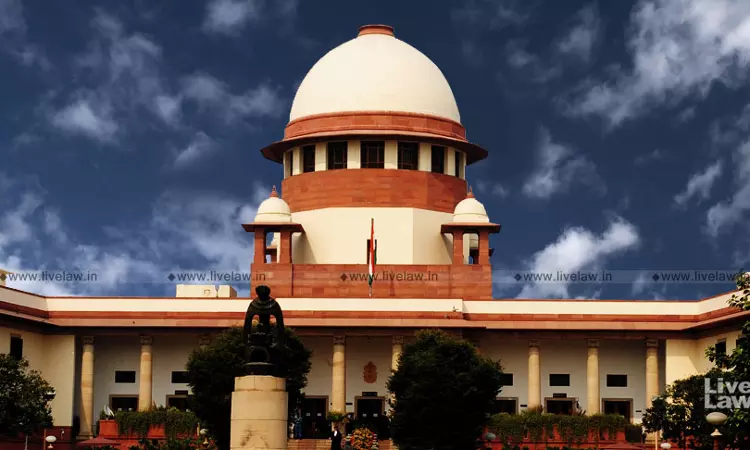Section 27 Evidence Act | Recovery Of A Weapon From An Open Place Accessible To All Not Reliable : Supreme Court
Suraj Parmar
7 Nov 2023 9:42 PM IST

Next Story
7 Nov 2023 9:42 PM IST
The Court recently held that incriminatory objects, when discovered in places accessible to the public, cannot be solely relied upon to establish the guilt of the accused persons. It is pertinent to note that for admissibility under section 27, of the Evidence Act, the fact discovered must be a direct consequence of information received from a person in custody.The Court relied on Nikhil...
